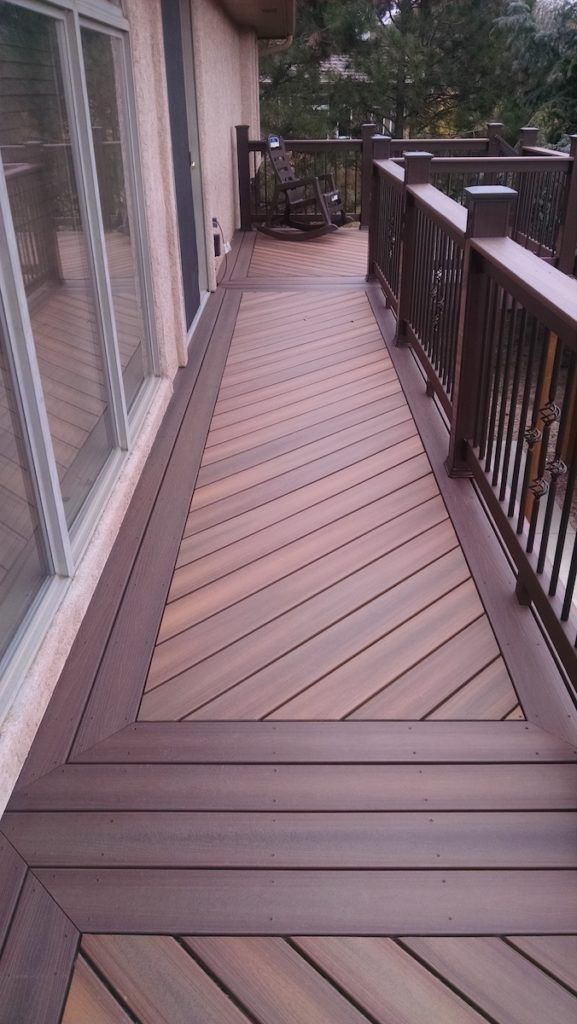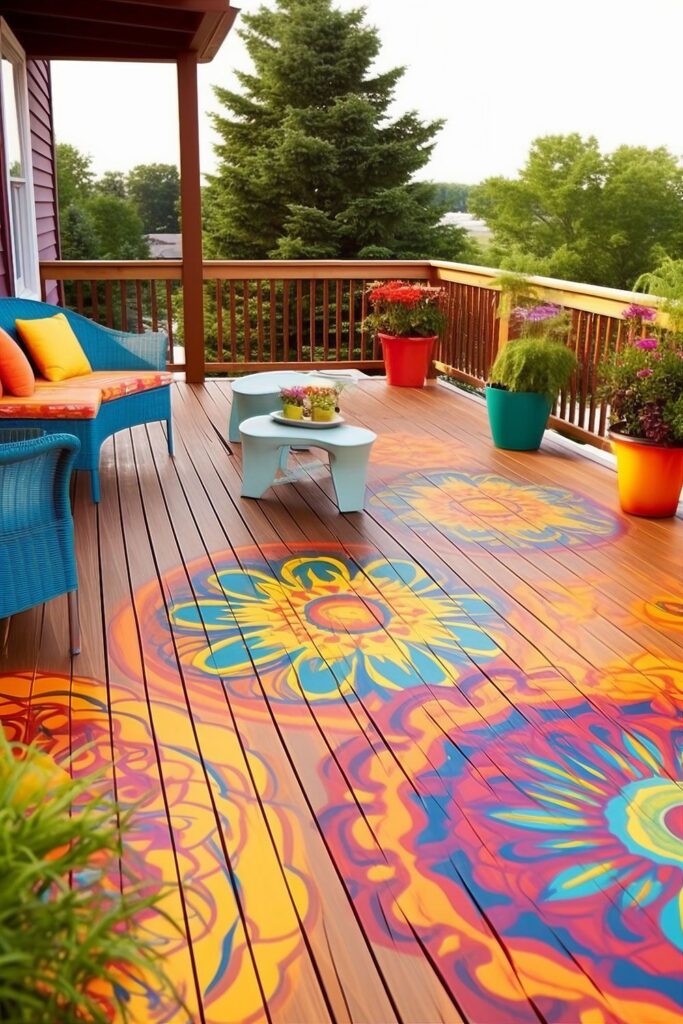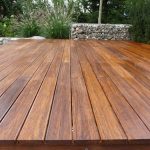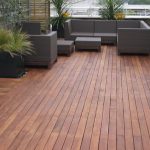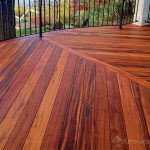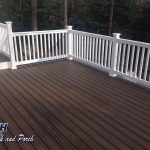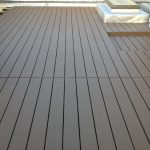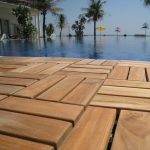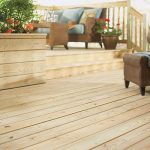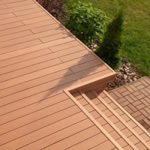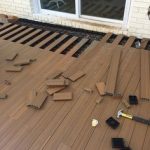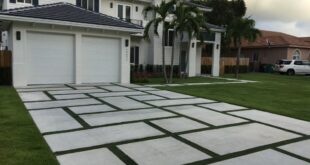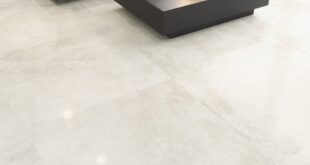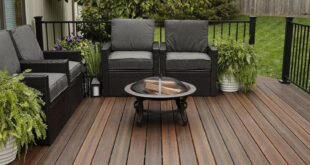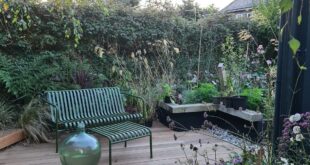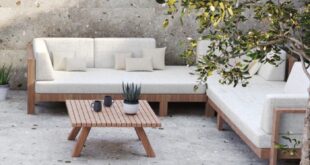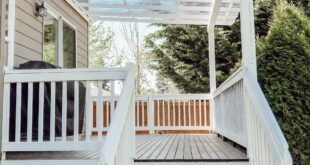Your deck is most engaged with on the surface sitting and lounge which literarily is the floor. This is number one part of the deck itself. The deck floor is the most active spot on the deck where virtually all things are placed including the deck furniture. We hold the deck floor high in its design structure.
The flooring of a deck is with different kinds of materials. This has seen some additions and growth lately on the types of materials used. These all have their advantages and disadvantages though.
Using hardwood for flooring
Hardwoods such as Ipe, tigerwood, and Philippines mahogany are some of the variants of hardwoods used for making deck flooring. They are naturally very hard type of wood and are highly resistant to rot and insect attack. They are well-grained kinds of wood and are very durable too. The advantage in these hardwoods can turn to be a disadvantage in an extent. The hardwood is too tough to drive nails into without first making a pilot hole with a drill before making the necessary fitting.
Using cedar and redwood option
These are surprisingly softwoods. They are the people’s favorite for deck design because of its natural beauty and color. Their rich dark-red color is a pricing value for this type of design material. A number of heartwoods components in these woods are a determining factor in the resistance ability of the design to weather and insect attacks. Applying stains to these woods design are the only way to keep the color strong and natural looking, else, it will gradually turn grayish in appearance.
Plastic and composite are fast growing
Using plastics and composites is fast overtaking other material of design for deck flooring. These are materials made of recycled products of polyvinyl chloride (PVC). Composite usually comes in a mix of wood plastic composite (WPC).
The strong advantage of this material of choice is in their minimal maintenance needs. The composite can often come up with molds and other fungi growth due to the presence of the wood component in the formation.
 Garden and patio decoration inspiration
Garden and patio decoration inspiration
